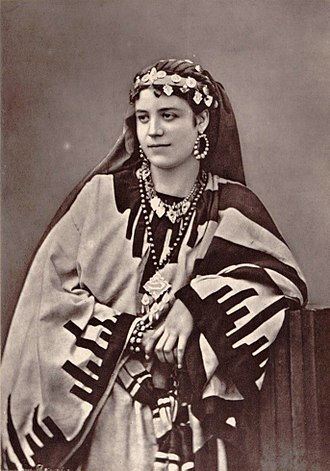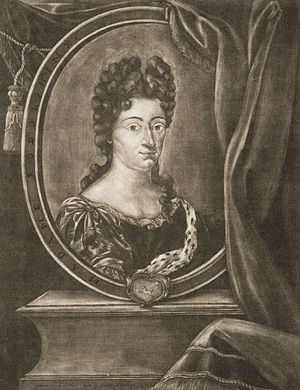Discover Your Roots
SIGN UPDiscover Your Roots
SIGN UPRosine is a charming and timeless female given name of German origin, meaning "Rose." The name is derived from the German word for "rose," reflecting its delicate and elegant connotations. Notable individuals bearing this name include French religious thinker Rosine de Chabaud-Latour and Brazilian-born British psychoanalyst Rosine Perelberg. Additionally, fictional characters such as Princess Rosine and Countess Rosine have brought depth and significance to the name through literature and performing arts.The name Rosine has also been depicted in various works of fiction, including the 1926 silent film "The Marriage of Rosine" and the popular manga series "Berserk." Furthermore, the name's cultural influence extends to real-life figures like Burkinabé economist and politician Rosine Sori-Coulibaly. With its rich history and cultural significance, Rosine continues to be a beloved and resonant name choice for parents seeking a timeless and graceful moniker for their daughters.

Rosine Bloch was a renowned French operatic mezzo-soprano who graced European stages with her beautiful, warm, and lyrical voice from 1865 to 1891. Born in Paris, she honed her craft at the Conservatoire de Paris and made her professional opera debut at the Opéra's Salle Le Peletier. Bloch's notable performances included roles in works by Verdi, Rossini, Meyerbeer, and Donizetti. Despite her striking appearance and rich-timbred voice, she faced challenges in capturing the "human quality" necessary to become a major star. Notable for creating roles in world premieres, she also performed in Brussels, Monaco, and London. Even after her marriage, she continued to captivate audiences with her performances. Her legacy includes the role of Dalila in the Paris premiere of Camille Saint-Saëns's Samson et Dalila at the Éden-Théâtre. Bloch's remarkable career came to an end with her passing in Monte Carlo or Nice in 1891.References:- Busch, Hans (1978). Verdi's Aida. The History of an Opera in Letters and Documents.- Chouquet, Gustave (1873). Histoire de la musique dramatique en France.- Gourret, Jean (1987). Dictionnaire des cantatrices de l'Opéra de Paris.- Kutsch, K. J.;

Rosine Elisabeth Menthe, also known as Madame Rudolphine, was born on May 17, 1663, in Brunswick, Germany. She married Duke Rudolph Augustus of Brunswick-Wolfenbüttel in 1681, but did not receive a title during their twenty-year marriage. Despite not having any children, the Duke ensured that their offspring would receive appropriate maintenance for a noble person. Rosine's influence is evident in the expansion of the Wasserburg castle at Vechelde into the royal Vechelde Palace, as well as the naming of the Madamenweg in her honor. She passed away at the Gray Court in Brunswick on May 20, 1701. To learn more about her life, references and sources such as "Frauen vom Hof der Welfen" by Elisabeth E. Kwan and Anna E. Röhrig, and "Geschichte der Höfe des Hauses Braunschweig" by Carl Eduard Vehse are available for further reading. Portrait of Elisabeth Rosine Menthe can be found on the website of the Virtual Print Room of the Duke Anton Ulrich Museum Brunswick and the Herzog August Library in Wolfenbüttel.

Rosine Streeter, a prominent trade unionist from New Caledonia, was born on the island of Lifou. Her illustrious career began when she was appointed as the General Secretary of Union des Syndicats des Ouvriers et Employés de Nouvelle-Calédonie (USOENC) in 1979. Streeter's dedication and leadership in the trade union movement led her to leave USOENC after 16 years to establish her own trade union, Syndicat Libre Unité Action (SLUA), in 1995. Notably, she has served as a member of the Economic and Social Council of New Caledonia and chaired the Committee on Health and Welfare. Streeter's unwavering commitment to advocating for workers' rights has solidified her reputation as a respected figure in the labor movement of New Caledonia.


All images displayed on this page are sourced from Wikipedia or Wikimedia Commons.We use these images under their respective Creative Commons or public domain licenses. Wherever applicable, author attributions and license information are provided. If you believe an image is used incorrectly or outside its license terms, please contact us so that we can review and correct the issue.